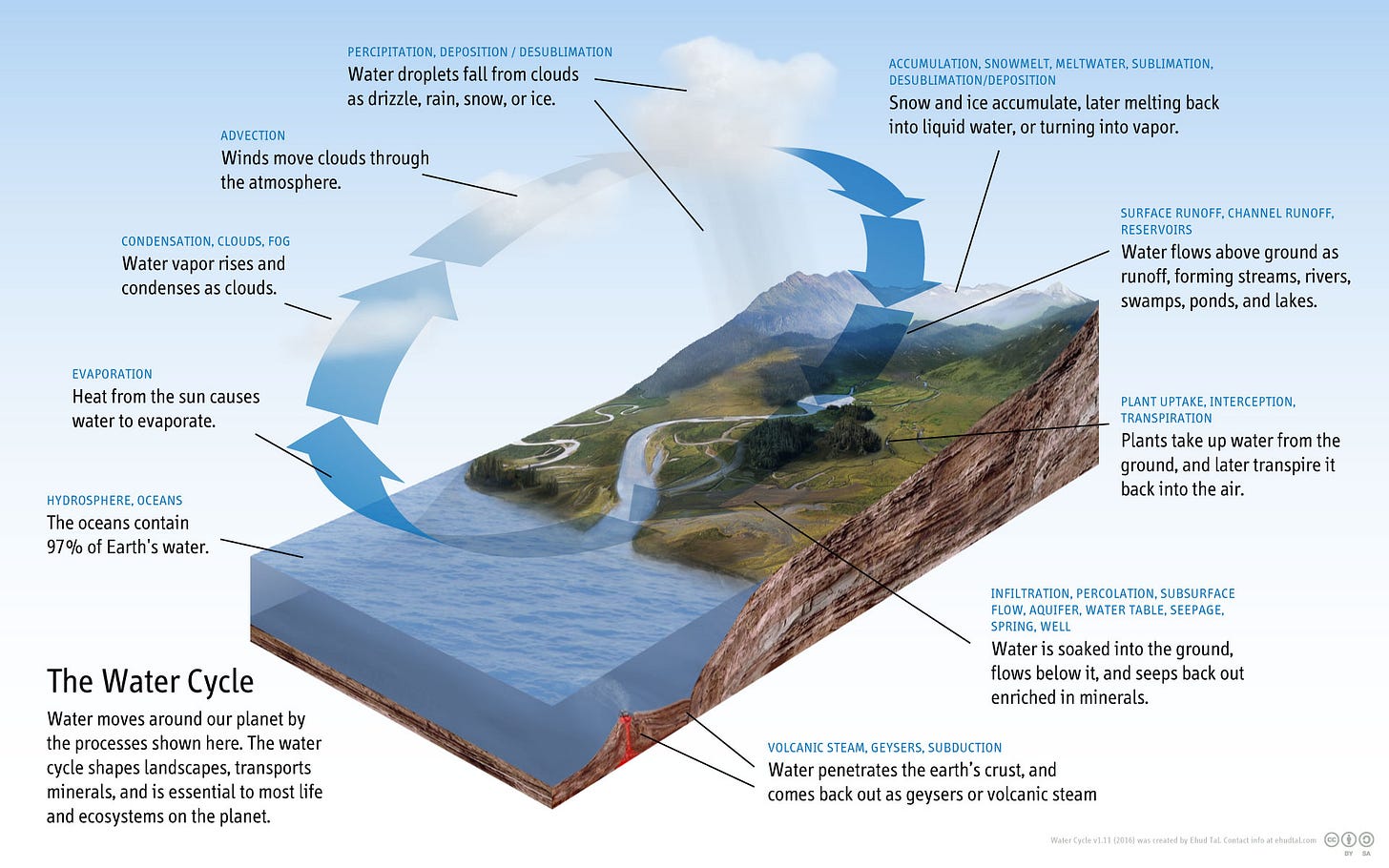Nature, Mysteries of, Beauties of, Misperceptions of
“I’ve got to go to work with the machete,” he said. “These vines are like a wall.”
“A wall,” I said, and a philosophical inclination swept over me, like a breeze. Something like a chill ran down my back, and I shuddered. “Yes. The wall that Nature builds to hide her mysteries, the veil she keeps before her lovely face. How many of us are content to look at the veil; how many of us mistake it for the face of nature herself. Few dare tear the veil aside, to bare the inner beauty.”Little Follies “Life on the Bolotomy”
There is this possibility: after I tell you something, you just can’t believe it. You can’t accept it. You don’t like it. A little screen comes down and you don’t listen anymore. I’m going to describe to you how nature is—and if you don’t like it, that’s going to get in the way of your understanding it. . . . The theory of quantum electrodynamics describes Nature as absurd from the point of view of common sense. And it agrees fully with experiment. So I hope you can accept Nature as She is—absurd.
Richard Feynman, QED: The Strange Theory of Light and Matter
The old method of measuring the magnetic susceptibility of crystals required great skill, but it was crude. It was a head-on attack—there was nothing really clever about it. It didn’t have what the Germans call a Witz. There’s no good translation of a Witz. It’s a joke or a trick. It’s the use of this kind of witty trick that I have always liked about physics. I think physics is infinite. You don’t have to try to exhaust it in your generation, or in your lifetime. It’s a human sort of thing, and the important thing is to do it in an interesting way, with a certain style. You see, I have always taken physics personally. I like it better that way. It’s my own physics, within my powers. It’s between me and nature. Nature’s inexhaustible—nobody’s going to take it away. All my experiments, I think, had that quality of Witz about them. I wasn’t interested in a brute-force way of doing them—unless a problem was of such interest and its solution was in such demand that I just couldn’t wait for a result, or unless I was up against intense competition. Then you bull your way through. Otherwise, I have always felt that physics was the only occupation for a gentleman. I am not talking about applications—rather, pure physics. You are addressing nature in its most profound form. And you do it with a certain kind of style, a kind of intellectual style.
I. I. Rabi, quoted by Jeremy Bernstein in Experiencing Science
Life, Metaphors for
“Life,” he was saying, “as the Christensen sisters so aptly put it, is like a journey down a river. We know not what lies before us when we start out, what perils we shall encounter, what rapids, mosquitoes, or other riverine terrors lie ahead, but we know one thing with certainty, and that is that every river winds somewhere to the sea. And from that knowledge we can take heart, for we know that at the end of our journey we will come at last to the great gray rolling mother of us all, and rock in bliss and comfort, when she draws us to her soft and ample bosom.”
Little Follies, “Life on the Bolotomy”
[more to come on Thursday, August 5, 2021]
Have you missed an episode or two or several?
You can catch up by visiting the archive.
At Apple Books you can download free eBooks of “My Mother Takes a Tumble” and “Do Clams Bite?” the first two novellas in Little Follies.




